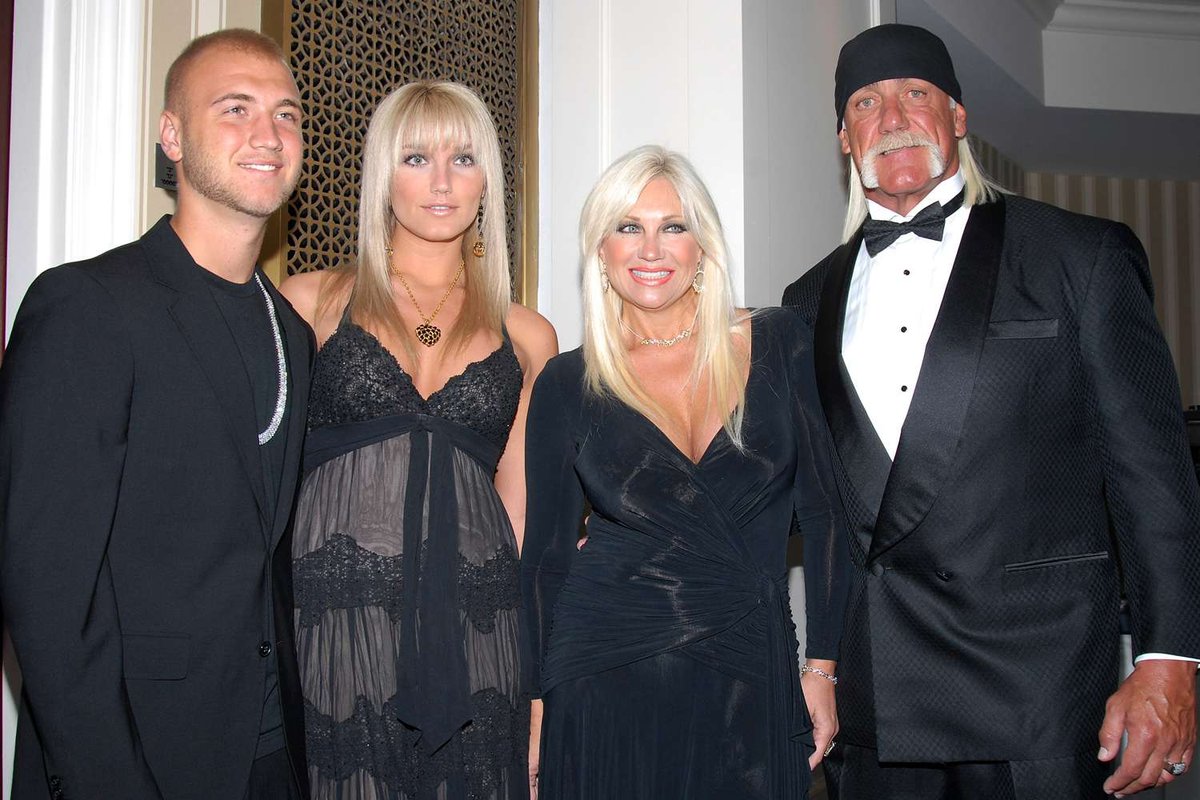Johnny Cash Royalties Lawsuit: UMG Hit with $3M Claim Over Unpaid Composition Fees

Precision and context drive this analysis—here’s what the newly filed lawsuit against Universal Music Group (UMG) reveals. In a federal complaint lodged May 21, 2025, in New York’s Southern District (Case No. 25-cv-04567), veteran session arranger Richard Harmon asserts that UMG has withheld millions in royalties for work he contributed to Johnny Cash recordings from the early 1970s. Harmon’s suit, obtained via court filings reviewed by Billboard and People Magazine, outlines an alleged breach of a 1972 licensing and assignment agreement, claiming entitlement to a fixed 5% cut of downstream revenues including streaming, synchronization licenses, and reissue sales.
Harmon’s filings detail that he was commissioned to arrange bass and string parts on 12 tracks for Cash’s “Country Classics Volume II” and subsequent studio sessions between 1971 and 1974. Under the explicit terms of his contract, Harmon was to receive royalty statements and quarterly payments when UMG’s predecessor, American Record Corporation, monetized those masters. Yet despite UMG’s reported $45 million haul from Cash catalog streaming in 2024—a 28% year-over-year jump per Billboard data—Harmon alleges he has received zero payments since 1980.
The complaint invokes breach of contract and unjust enrichment claims, demanding a full accounting of royalties, payment of back-owed fees plus interest, and legal costs. Citing the Copyright Act’s provisions on derivative works and sound recordings, Harmon’s attorneys argue that UMG’s failure to provide royalty statements violates Section 115 and the original assignment contract’s audit clauses. If successful, the lawsuit could set a precedent for legacy-artist collaborators seeking retroactive shares from major labels.
UMG, whose global revenue topped $8.5 billion in 2024, has neither confirmed nor denied the allegations. Historically, UMG has contested similar suits—most notably a 2019 dispute over Tina Turner session fees—but frequently reaches private settlements before trial. Music industry attorneys warn that plaintiffs often leverage early discovery to pressure labels into multi-million-dollar resolutions rather than risk protracted litigation.
The broader implication: as streaming platforms continue to generate robust earnings for legacy catalogs, engineers, arrangers, and session musicians might increasingly scrutinize archival agreements. A successful outcome for Harmon could inspire a wave of claims against UMG and rival companies, potentially triggering revisions to how legacy royalties are administered and audited.
UMG’s deadline to respond is June 21, 2025, with an initial case management conference slated for mid-July. Stakeholders will watch closely whether UMG files a motion to dismiss or opts for negotiation. The next phase of discovery promises to unearth internal royalty ledgers that could prove decisive. That wraps up today’s analysis—more updates will follow as details emerge.
Sources: Celebrity Storm and Billboard, People Magazine, Southern District of New York court filings, UMG annual financial report
Attribution: Creative Commons Licensed




